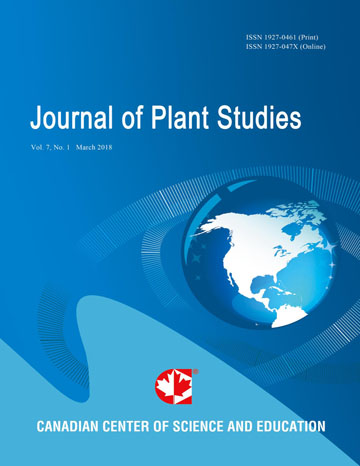Effects of Anogeissus leiocarpus on Haematological Parameters of Mice Infected with Plasmodium berghei
- Mojisola Cyril-Olutayo
- Akhere Omonkhua
- Olusegun Akanbi
Abstract
Haematological parameters are frequently used to support the diagnosis of several diseases including malaria. Anogeissus leiocapus is used traditionally to treat malaria and has been shown to possess profound antimalarial activities in Plasmodium berghei infected mice. This study evaluated the effects of the methanolic extracts of A. leiocarpus on the haematological status of P. berghei-infected mice. Twenty albino mice were inoculated intra-peritoneally with P. berghei while 5 others were left uninfected to serve as control, (Group A). Group B, negative control, received distilled water. Group C (positive control) was treated with artesunate at 5 mg/kg body weight while A. leiocarpus extract was orally administered at 100 and 200 mg/kg body weight for 4 days to Groups D and E respectively. On the fifth day of treatment, haematological parameters (red blood cell (RBC), white blood cell (WBC) and platelet counts; packed cell volume (PCV), haemoglobin (Hb) concentration and differential leukocyte count) were assessed using standard methods. A. leiocarpus at 100 mg/kg and 200 mg/kg body weight increased the haemoglobin, RBC and PCV levels of treated P. Berghei infected mice compared to negative control. Lymphocyte levels of these same groups significantly (p<0.05) increased while neutrophil level reduced. Our findings show that A. leiocarpus has anti-anaemic properties.
 PDF
PDF
